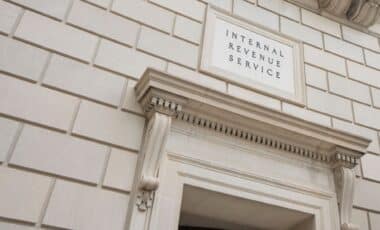The UK’s famous seaside region of Cornwall is sparking talk of a possible ‘tourist tax’. Backed by significant figures, the idea could open up new opportunities for travel in the region.
The Idea of the ‘Cornish Tax’
Malcolm Bell, Chief Executive of Visit Cornwall, is one of the supporters of the idea. Mr Bell, whose family has lived in Cornwall since the 18th century, believes that a ‘Cornish tax’ could work effectively. However, he also stresses the importance of a thorough debate before taking such a step.
“It is time to have the debate, not rush into action, engage with people and look at viable options.” Malcolm Bell.
Mr Bell insisted on the fact that the implementation of such a tax should not entail a major administrative burden. He advocates careful evaluation and the involvement of local businesses and other stakeholders in the region. He also spoke of discussions with the Cornwall Community Foundation and National Landscapes, South West Coastal Paths.
Current Tourist Taxes
Mr Bell was equally concerned about the current tax burden on visitors to the UK, which is one of the highest in Europe, second only to France. He added that it was important for the whole region to be involved in this initiative.
Interestingly, about one-third of visitor spending in the region is already allocated to taxes. Bell suggests that the introduction of a new tax should take account of this existing burden.
“Something to consider is there is already a tourist tax as over 30 per cent of visitors’ spend goes into tax. We’re the second highest taxed visitor economy in Europe: in France you pay 5.5 per cent, whereas here we pay 20 per cent.” Said Malcolm Bell.
Mr Bell points to the potential benefits of redistributing funds that currently go to the Treasury to the local level. But, given the national financial situation, he recognises the need for realistic expectations.
According to a report, Cornwall draws approximately four million holiday visitors and some 12 million day visitors each year. Such a high influx of visitors indicates a demand for well-maintained local environments.
The Potential Benefits
Malcolm Bell suggested that income from the ‘tourist tax’ could be used to support community development and environmental conservation.
Ideally, the levy should be well worked out with the community and businesses, so that visitors feel comfortable paying a very small amount for the benefit of Cornwall.
Cornwall’s regular visitors, who account for 85% of business, would like to see the tax used to support Cornwall and its people. Regular visitors to Cornwall, who account for 85% of business, would like to see the tax used to support Cornwall and its people.
According to Bell, if visitors are convinced that their contributions are being used for a good cause, they won’t mind paying the tax.
“People are cynical and want reassurance that their extra payment is funding something appropriate.”










We as a family of 5 have spent our holiday in Cornwall on many occasions always paying our way through local businesses and all day parking, we have brought our children up to respect nature and natural wildlife habitats, making sure to reduce our carbon footprints as much as possible. As has already been mentioned 85% of income is through tourism, shouldn’t the councils be putting the extra tax income back into the region rather than taxing people further causing the less wealthy to not be able to holiday in Cornwall because of already rising costs.
I’m Britsh. No way am I paying a tax for visiting places in my homeland.
Totally ridiculous.
Utterly ridiculous, that’s Cornwall struck off our holiday list.